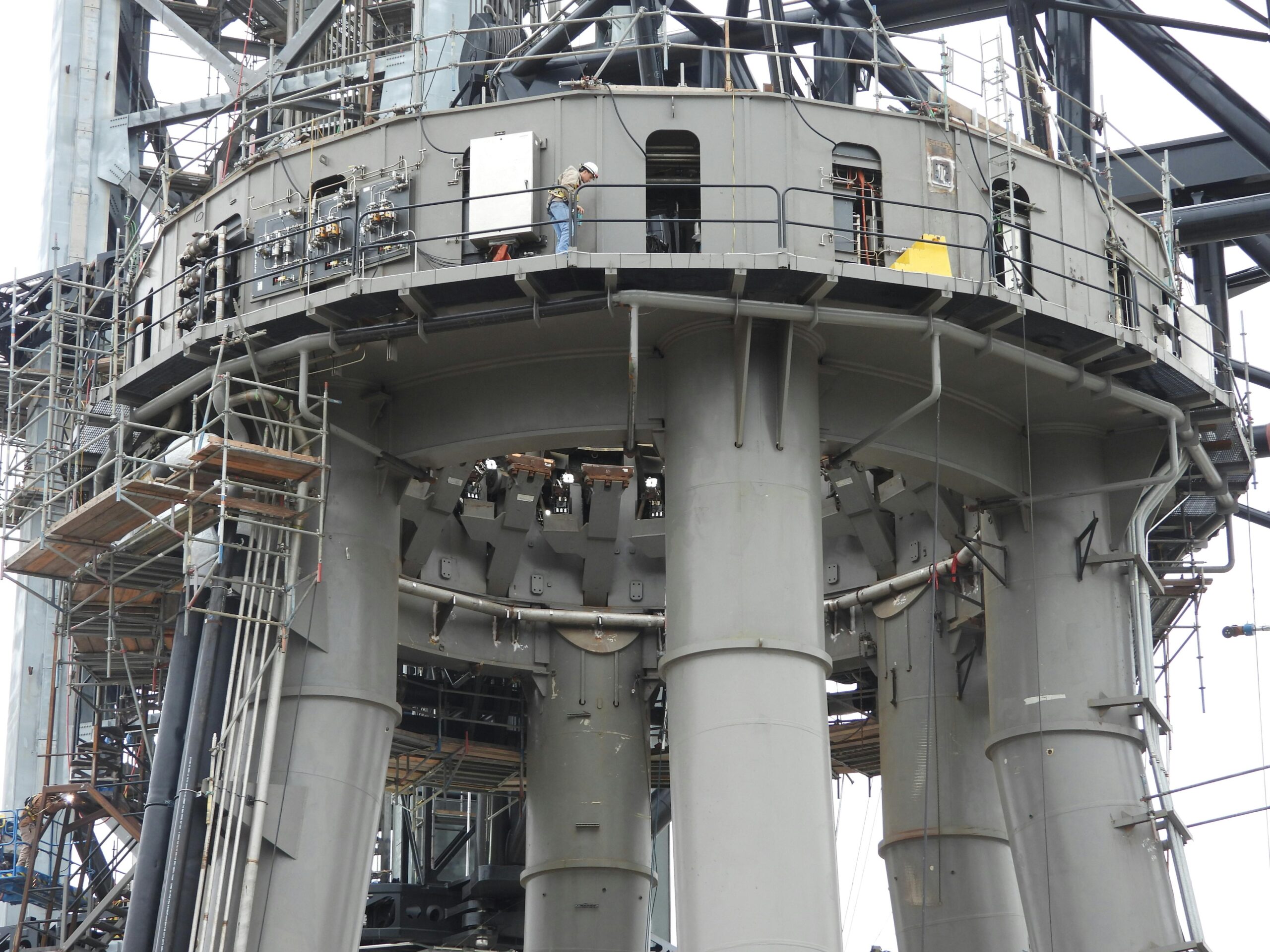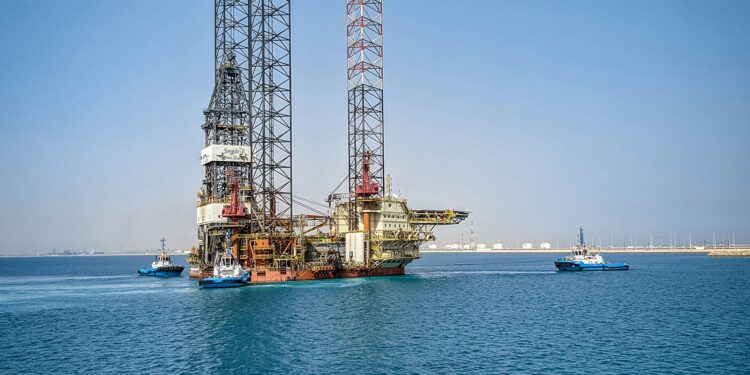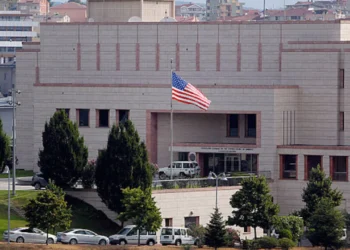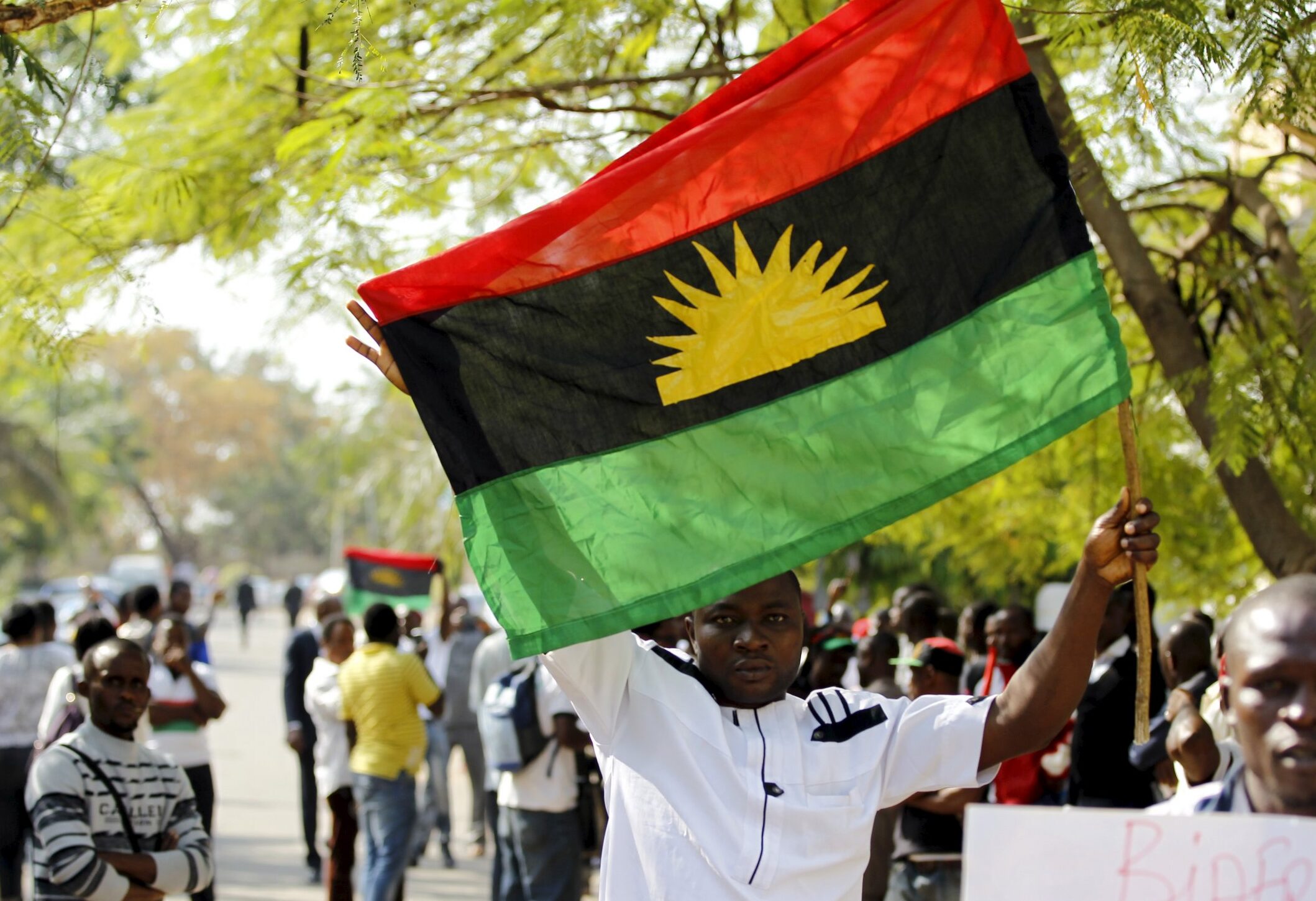Libya’s internationally recognized government condemned attempts to cut operations at the Sharara oil field on Sunday, labeling them as “political blackmail.”
Drop in Production
The North African nation, home to Africa’s largest oil field, has experienced a significant production decline. Output at the Sharara oil field has dropped by at least 50,000 barrels per day, from 260,000 to 210,000, following orders issued on Saturday night to reduce operations. The field is frequently targeted by local protesters and armed groups seeking to leverage its large production capacity for political demands. The reasons behind the latest disruption remain unclear, and it is uncertain whether further reductions will occur. Nonetheless, the government has pledged to not spare any effort in defending the interests of the Libyan people owing to the large economic wealth the oil field provides.

Field Details and Management
The Sharara field, located in the Murzuq basin in southeastern Libya, is one of the country’s largest production areas, with a capacity of approximately 300,000 barrels per day. It is operated by the state oil firm NOC through the Acacus company and involves international partners including Spain’s Repsol, France’s Total, Austria’s OMV, and Norway’s Equinor.
Impact of Political Instability
Libya’s oil production has been unstable since the death of dictator Moammar Al Qaddafi in the 2011 civil war. Although production had stabilized at around 1.2 million barrels per day in recent months, the recent shutdown of the Sharara field exemplifies the ongoing turmoil that has plagued the country since 2011. Since, 2011, the country has been battling with a weak economy and debts owing to internal crises and political turmoil that has affected its oil production. The disruption is expected to affect oil production and hinder economic growth, explaining the government’s concerns regarding the field.

















